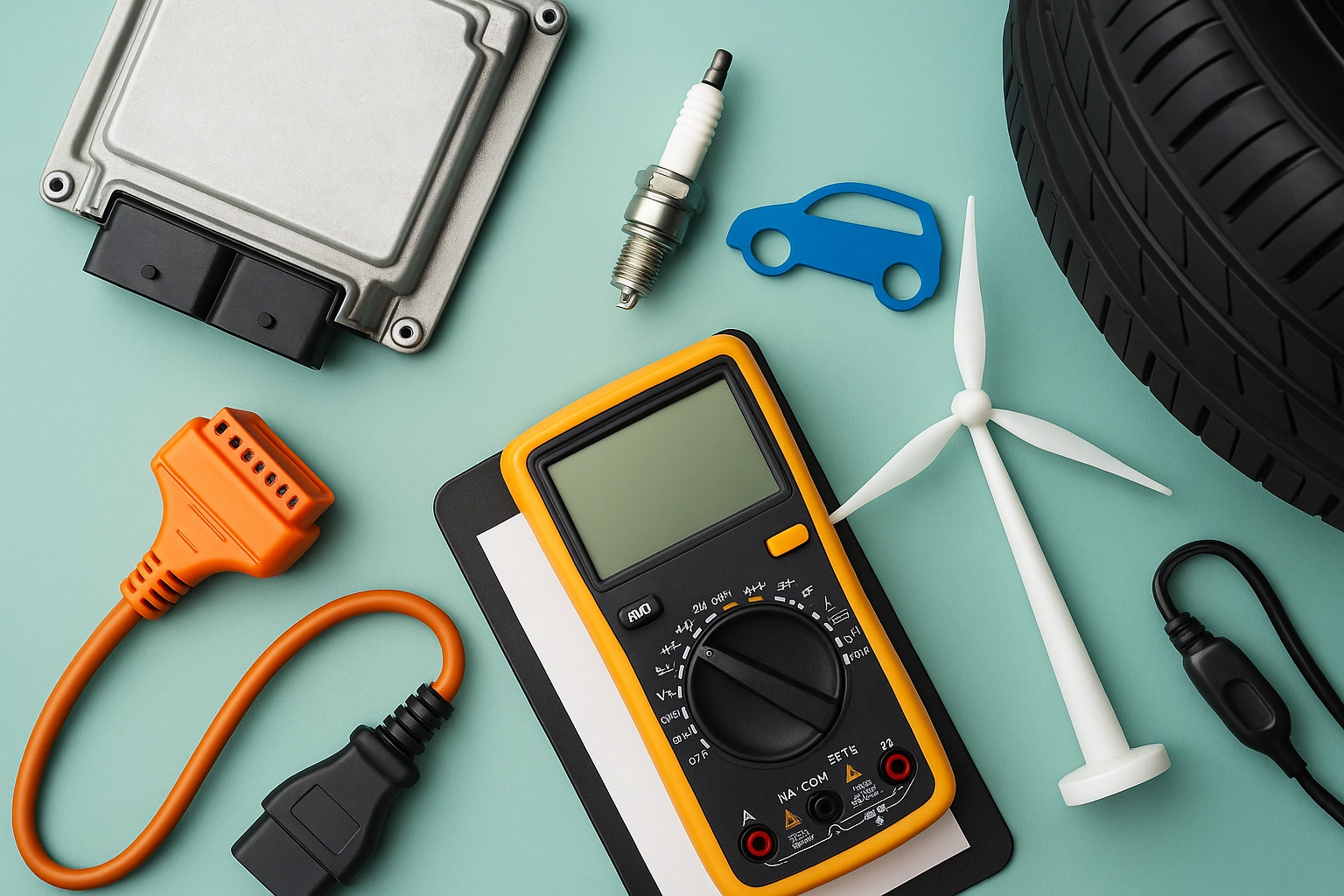ISO 21498 Hybrid and EV High Voltage Safety Testing
The automotive industry is rapidly evolving towards electric vehicles (EVs) and hybrid electric vehicles (HEVs), driven by the need to reduce greenhouse gas emissions and improve fuel efficiency. In this context, ensuring the safety of high voltage systems in these vehicles becomes paramount.
ISO 21498-1:2019 specifies the requirements for testing the electrical safety of electric and hybrid vehicles. This standard covers the evaluation of the risk of injury from high voltage (HV) systems, which includes battery packs, power electronics, charging systems, and other components that may pose a hazard.
The testing process involves simulating real-world scenarios where the vehicle might come into contact with water or conductive materials. This helps identify potential hazards such as electric shock, fire, or explosion due to improper insulation or inadequate protection against unintended contact. By adhering to ISO 21498-1:2019, manufacturers can ensure that their vehicles meet the highest safety standards required by international regulations.
The testing procedure typically begins with a thorough inspection of the vehicle's high voltage system. This includes verifying the integrity of all connections, checking insulation levels, and ensuring proper grounding. Once the initial assessment is complete, the test setup replicates various accident scenarios, including submersion in water or contact with conductive materials like metal objects.
During these tests, specialized equipment measures electrical parameters such as current flow, voltage drops, and temperature rise within the high voltage system. These measurements are critical for evaluating the performance of insulation layers under stress conditions. If any abnormal readings occur during testing, they indicate areas that require further investigation or modification.
After completing all test runs, detailed reports summarize findings along with recommendations for improvements where necessary. Compliance with ISO 21498 ensures not only protection against immediate dangers but also long-term reliability of the vehicle's electrical components. This standard plays a crucial role in fostering trust among consumers who value safety above all else when purchasing electric or hybrid vehicles.
- Thorough inspection of high voltage system integrity before testing.
- Simulation of real-world accident scenarios involving water submersion and conductive material contact.
- Measurement of electrical parameters like current flow, voltage drops, and temperature rise during tests.
Applied Standards
The application of ISO 21498-1:2019 is crucial for ensuring the safety of electric and hybrid vehicles. This international standard sets clear guidelines on how to conduct high voltage safety tests, focusing specifically on preventing accidents caused by improper handling or misuse of HV systems.
Compliance with ISO 21498 ensures that manufacturers meet stringent quality control measures, reducing risks associated with product defects or malfunctions. The standard also promotes consistency across different regions, making it easier for companies to export their products globally while maintaining high safety standards.
In addition to its role in safeguarding public health and safety, ISO 21498 contributes significantly to the development of safer vehicles by encouraging innovation through continuous improvement processes. By adhering to this standard, automakers can stay ahead of regulatory changes and consumer expectations regarding vehicle safety features.
ISO 21498 is applicable not only to passenger cars but also trucks, buses, motorcycles, scooters, and other types of road vehicles using HV systems. It encompasses various aspects related to HV safety testing, including:
- Evaluation of insulation resistance.
- Testing for electrical leakage currents.
- Detection of fault conditions.
Eurolab Advantages
Eurolab offers comprehensive testing services aligned with ISO 21498, providing clients with unparalleled expertise and support throughout the entire process. Our state-of-the-art facilities house advanced instrumentation capable of accurately measuring electrical parameters under diverse test conditions.
We employ highly skilled technicians who possess deep knowledge about HV systems and their associated risks. Our team members are committed to delivering reliable results that meet or exceed expected standards, ensuring your products comply with relevant regulations worldwide.
Our commitment extends beyond just testing; we offer valuable insights into best practices for designing and manufacturing safe HV systems. By leveraging our extensive experience in the field, you can gain a competitive edge by integrating these recommendations into your product development lifecycle.
To further enhance your confidence in our services, Eurolab operates under strict quality management systems certified to ISO 9001:2015. This ensures consistent delivery of high-quality results every time, regardless of the complexity or scale of your project.





